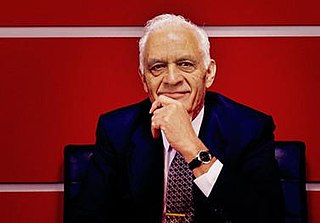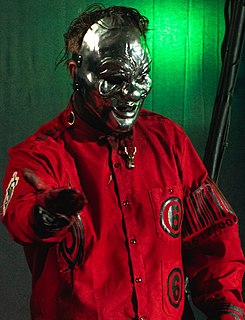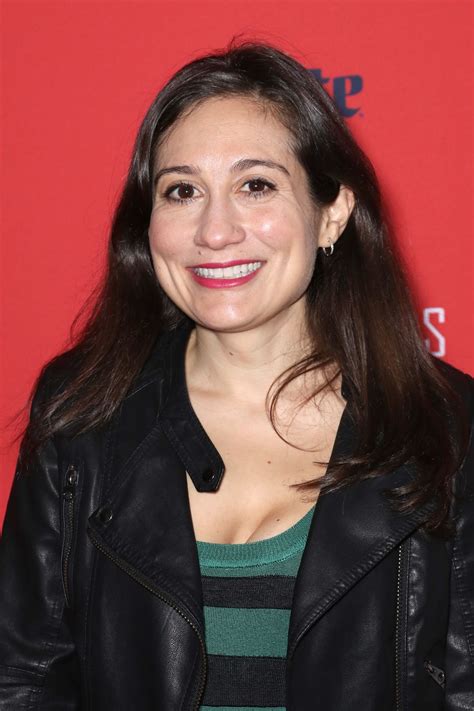A Quote by Seth Numrich
Every show you do, you have to do research, and I love to dig into things. I learned about World War II by doing 'Anne Frank.'
Related Quotes
Augustus Waters," I said, looking up at him, thinking that you cannot kiss anyone in the Anne Frank House, and then thinking that Anne Frank, after all, kissed someone in the Anne Frank House, and that she would probably like nothing more than for her home to have become a place where the young and irreparably broken sink into love.
Frank Capra made a series of films during World War II called 'Why We Fight' that explored America's reasons for entering the war. Today, with our troops engaged in Iraq and elsewhere for reasons far less clear, I think it's crucial to ask the questions: 'Why are we doing what we are doing? What is it doing to others? And what is it doing to us?'
However, there is a fundamental difference between the issue related to Japan's history and our negotiations with China. What is it all about? The Japanese issue resulted from World War II and is stipulated in the international instruments on the outcomes of World War II, while our discussions on border issues with our Chinese counterparts have nothing to do with World War II or any other military conflicts. This is the first, or rather, I should say, the second point.
I actually thought that the idea of doing a World War II movie in the guise of a spaghetti western would just be an interesting way to tackle it. Just even the way that the spaghetti westerns tackled the history of the Old West, I thought it could be a neat thing to do that with World War II, but just as opposed to using cowboy iconography, using World War II iconography as kind of the jumping-off point.
It's important to remember that World War II was experienced very much as a continuity in that sense. Most of World War II in most of Europe wasn't a war; it was an occupation. The war was at the beginning and the end, except in Germany and the Soviet Union, and even there really only at the end. So the rest of time it's an occupation, which in some ways was experienced as an extension of the interwar period. World War II was simply an extreme form, in a whole new key, of the disruption of normal life that began in 1914.
In an all-out nuclear war, more destructive power than in all of World War II would be unleashed every second during the long afternoon it would take for all the missiles and bombs to fall. A World War II every second-more people killed in the first few hours than all the wars of history put together. The survivors, if any, would live in despair amid the poisoned ruins of a civilization that had committed suicide.




































